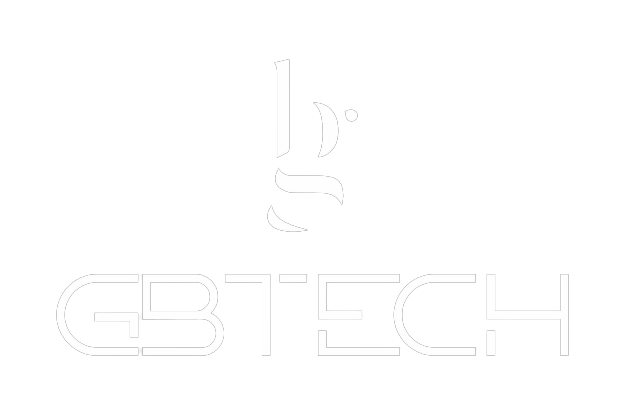Navigating the Future: The Critical Role of Enterprise Agility in Irish SMEs
In the rapidly evolving business landscape of 2024, Irish SMEs face a unique set of challenges and opportunities. As the world continues to adapt to post-pandemic realities and technological advancements, the concept of enterprise agility has emerged as a crucial factor for success. With Ireland's recent budget announcement for 2024, understanding and implementing agility has become more important than ever for small and medium-sized enterprises.
Understanding the term
Enterprise agility refers to an organisation's ability to rapidly adapt to market changes and evolving customer needs while maintaining stability and control. Unlike traditional business models, which often rely on hierarchical structures and fixed processes, agile organisations embrace flexibility, cross-functional collaboration, and continuous improvement. The benefits of this approach include faster execution, better customer responsiveness, increased productivity, and enhanced employee engagement.
The Context
The economic landscape of Ireland in 2024 presents a mix of challenges and growth opportunities for SMEs. The budget announced by the government last month reflects significant investments in infrastructure and innovation, directly impacting small and medium businesses. In this environment, agility becomes not just beneficial but essential for SMEs to navigate regulatory changes, seize new opportunities, and remain competitive.
Implementation
Adopting agile methodologies may seem daunting for SMEs, but with guidance from experts like GBTech, it's a feasible and rewarding journey. Key steps include embracing digital transformation, fostering a culture of collaboration and innovation, and leveraging technology to streamline processes. This approach enables SMEs to respond swiftly to market shifts and customer demands, a critical advantage in today's business world.
Success Stories
Several Irish SMEs have already reaped the benefits of agility. For instance, a Dublin-based tech startup transformed its product development process through agile practices, resulting in a 50% reduction in time-to-market and a significant increase in customer satisfaction. These success stories highlight the tangible outcomes of agility in the SME sector.
Overcoming Challenges
While the shift to agility offers numerous benefits, it's not without its challenges. Common obstacles include resistance to change, lack of understanding of agile principles, and difficulties in altering long-standing processes. Overcoming these challenges requires strong leadership, employee engagement, and a willingness to experiment and learn from failures.
For Irish SMEs in 2024, enterprise agility is not just a buzzword but a strategic imperative. By embracing agile principles, businesses can enhance their adaptability, innovation, and competitiveness in a rapidly changing world. As Ireland continues to evolve economically and technologically, agility will be a key differentiator for successful SMEs.
We strongly encourage owners and managers to delve deeper into the world of enterprise agility. Whether it's seeking expert advice, attending workshops, or simply starting a conversation within your organisation, the journey towards agility is well worth it. Embrace the change, and propel your business into a successful future.
References:
